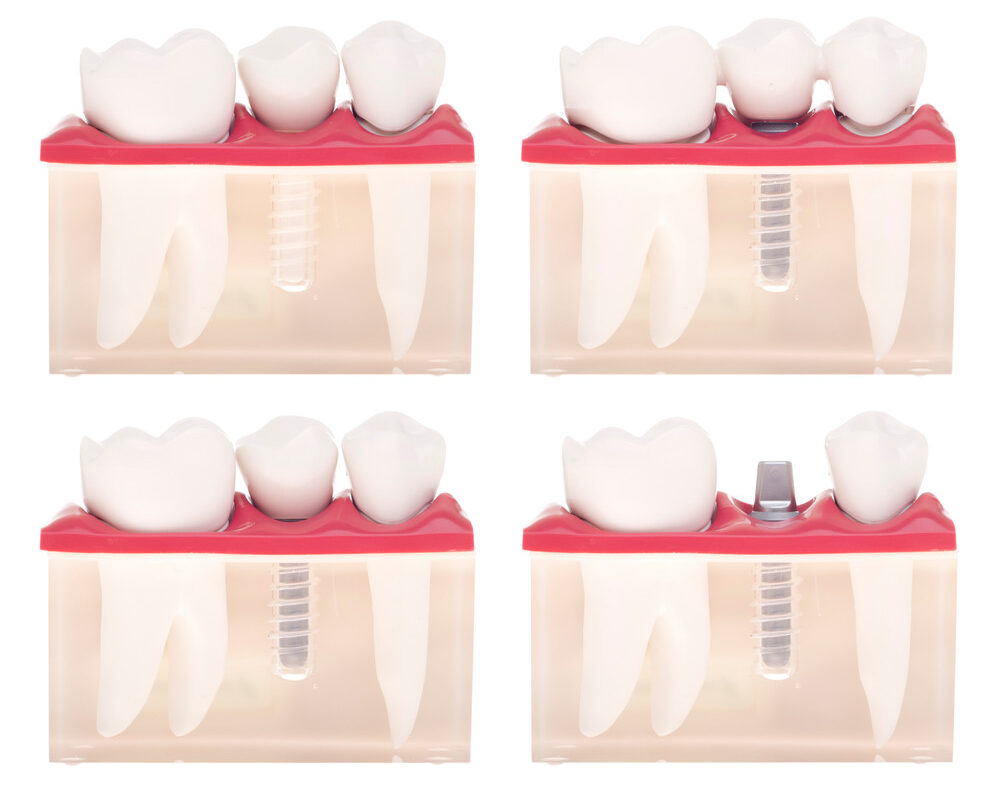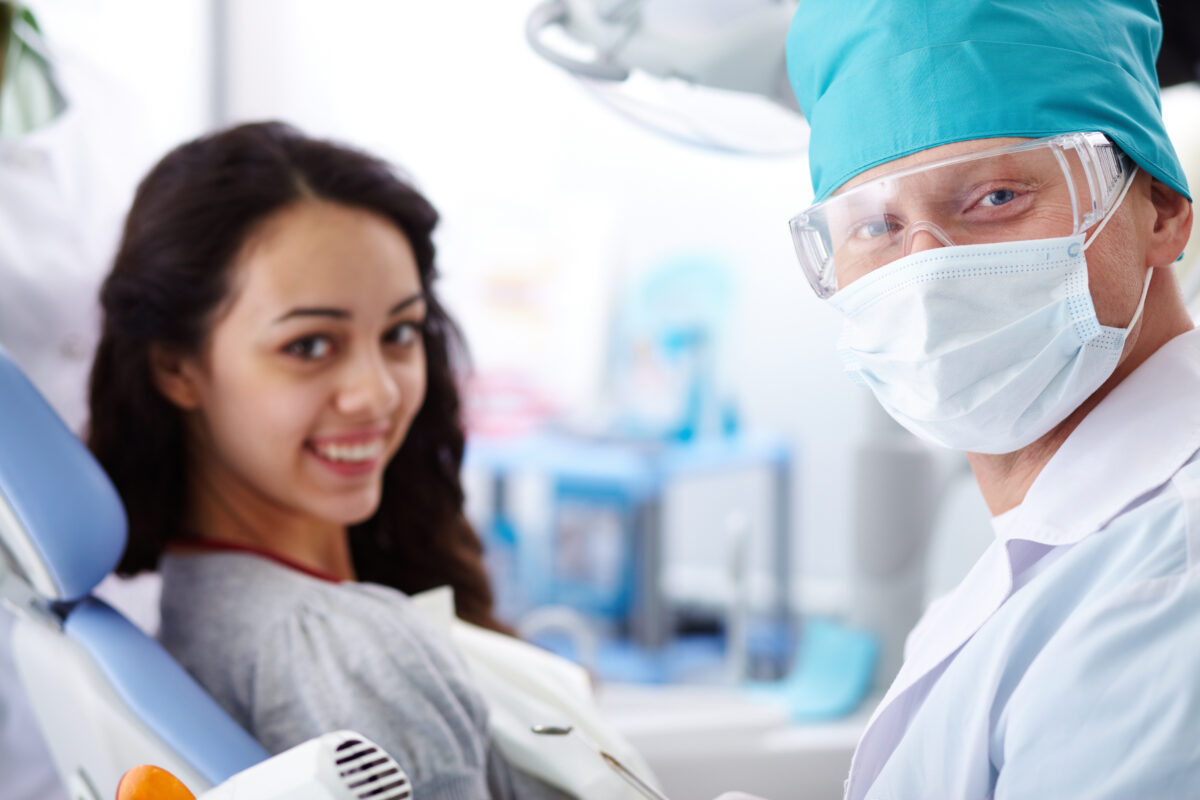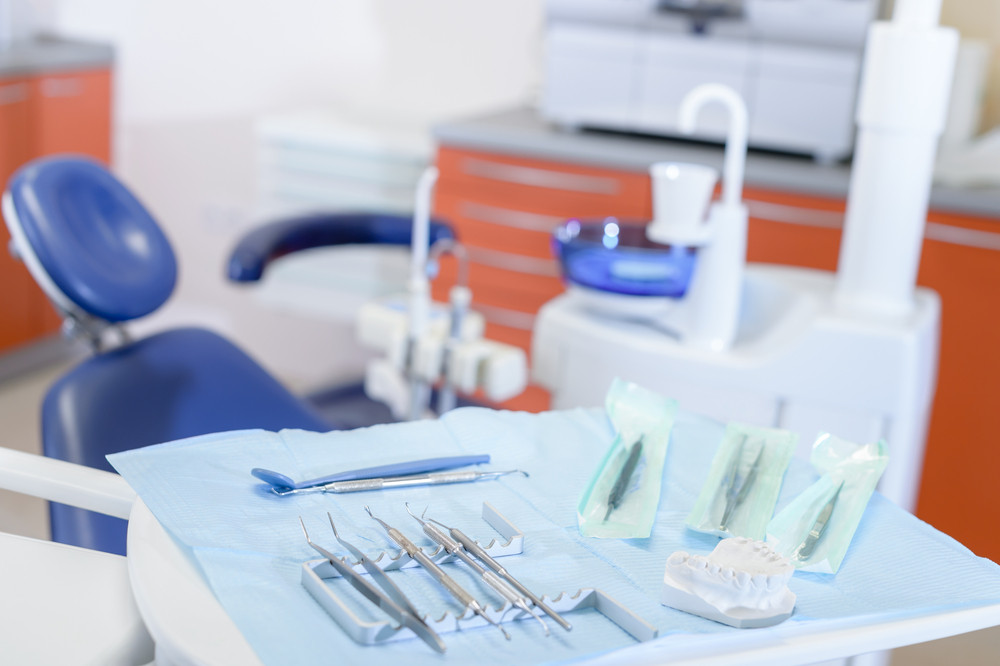When you notice a tooth that seems compromised, whether from severe decay, traumatic injury, or something else, you likely wonder how best to restore it. Two common options your dentist may recommend are dental crowns or implants. A modern dental implant offers the strongest and most natural alternative for missing teeth and has been used for over 60 years, according to News Medical. But how do you decide what’s right for your situation?
Evaluating the State of Your Tooth
The condition of the actual tooth in question is the first thing to look at. If significant tooth structure remains with no irreversible pulp damage, a crown may work well. Crowns cap damaged teeth, holding everything stable and secure while restoring form and function. However, if little solid structure remains or the pulp tissue has become infected with no chance of healing, extraction with an implant to replace the missing tooth may make more sense.
Considering Your Specific Needs
You also want to think about factors beyond the status of that single tooth’s health. Look at the bigger picture of your smile. Do you have other teeth already missing in the area? If so, a dental implant can allow you to rebuild a fuller, healthier smile. But if most teeth remain intact, crowning a salvageable one may suffice. Also, consider risk factors like periodontal disease or bruxism. Those may impact recommendations too. Talk through all the personal considerations that may influence which option integrates best for your mouth long-term.
Thinking Through Logistics
The process involved with installing a crown or implant factors into your decision too. Crown placement typically requires less invasive tooth preparation with fewer appointments over a shorter overall treatment timeline. So, if those logistical factors are priorities and the tooth itself can support a crown, it may have advantages over implants. In contrast, the surgical aspect of implants makes the process more intensive. You’ll need adequate bone density and a site clear of infection. There’s also integration time for true healing before final restoration. So, an implant takes more time.
In the end, what matters most is restoring your best possible function and aesthetics in a way tailored to what you need and want. Talk over specifics openly with your dentist. Be sure you understand the limitations or downsides to compare. Ask lots of questions so you feel good about how you’ll proceed. Our dental professionals at Lowell Dental Arts can help you select the best dental options for your needs, whether that be a crown or dental implant. Call us today to schedule an appointment





